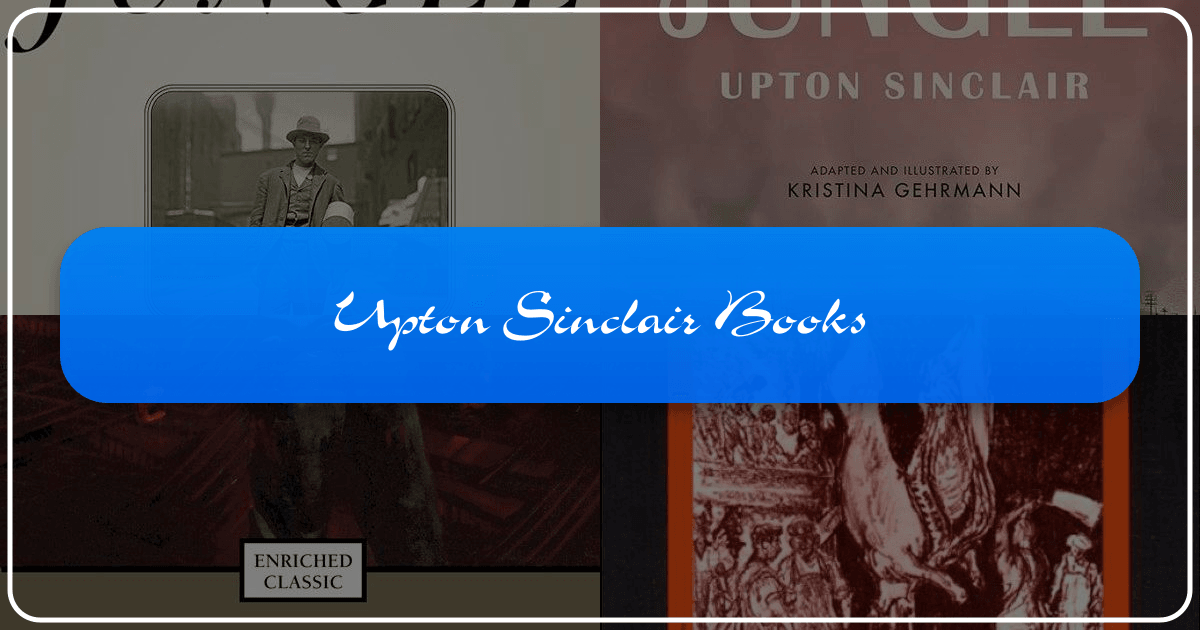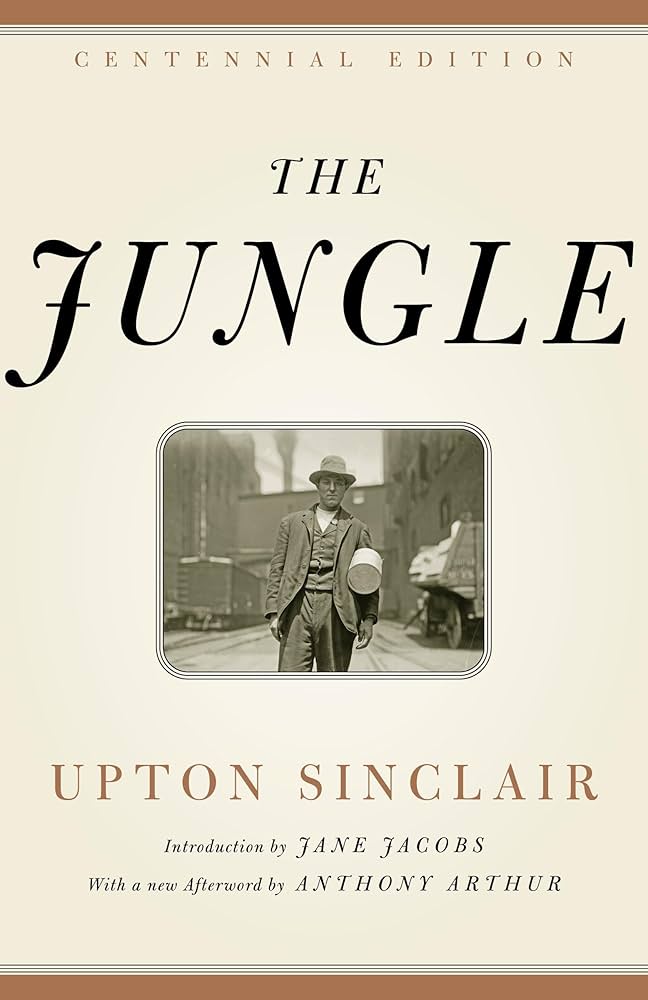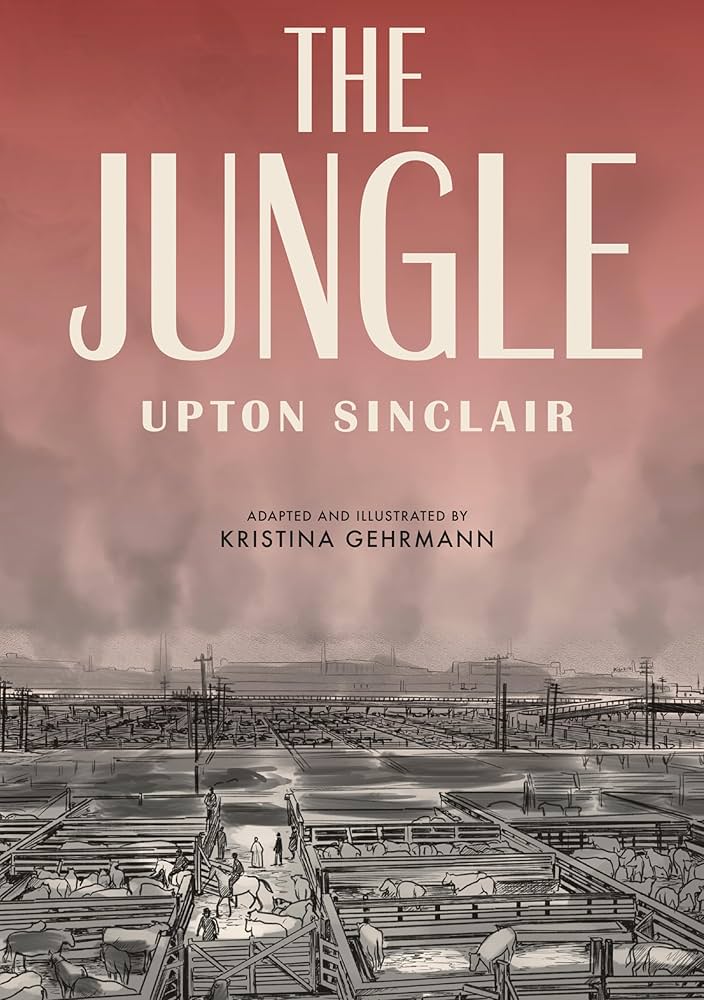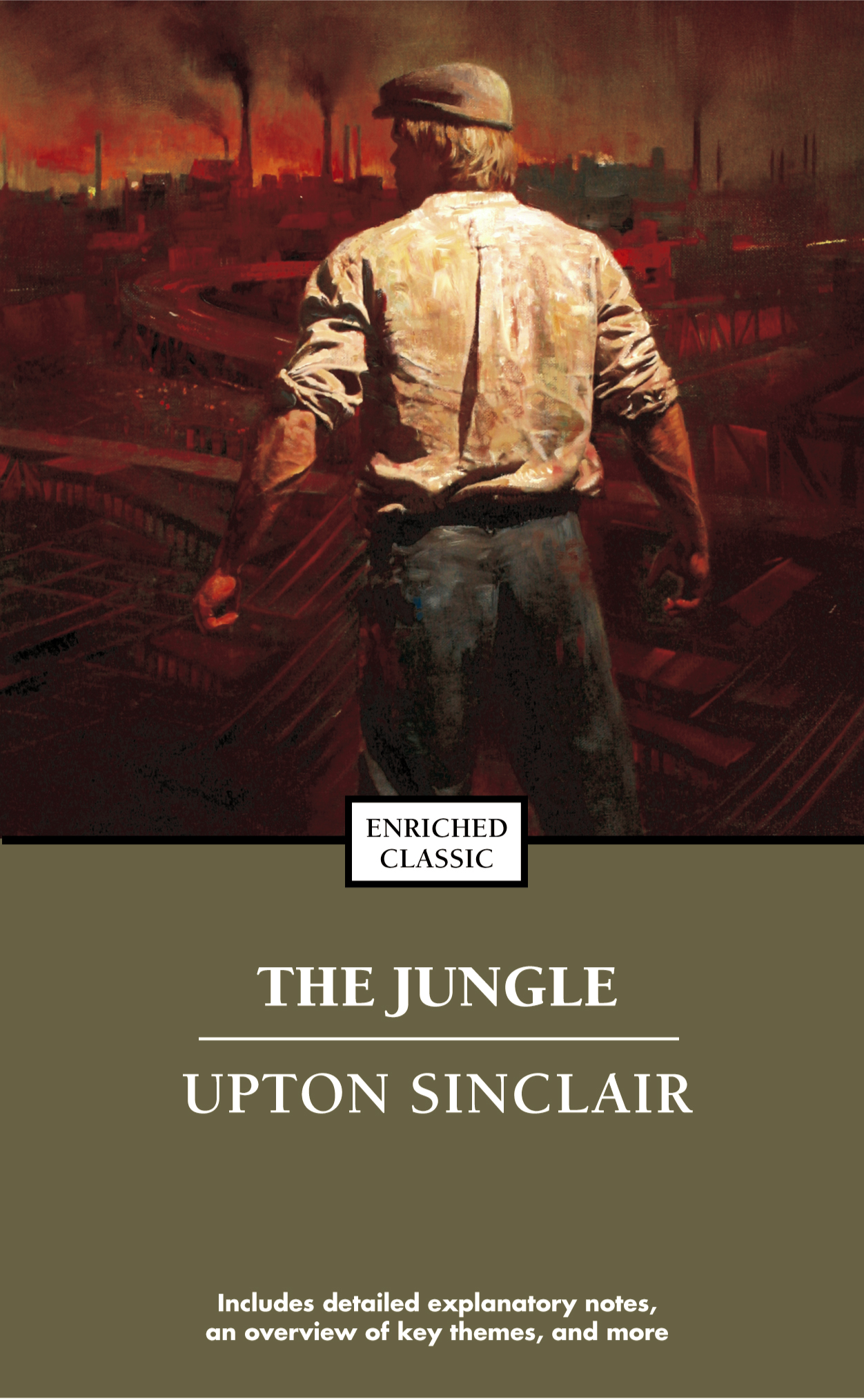Upton Sinclair: A Deep Dive into the Life and Works of a Literary Giant

Upton Sinclair, a name synonymous with muckraking journalism and social reform, stands as a towering figure in American literature. His prolific career spanned decades, leaving an indelible mark on the cultural landscape through his unflinching portrayals of social injustice and his unwavering commitment to socialist ideals. This exploration delves into the multifaceted world of Upton Sinclair, examining his books, his enduring influence, and his ongoing relevance in the 21st century. You can find more information about Sinclair’s works and life on Lbibinders.org, a comprehensive resource for literature enthusiasts.

The Genres and Themes of Upton Sinclair’s Literary Output
Upton Sinclair’s literary contributions defy easy categorization. While primarily known for his realistic novels exposing the grim realities of American society, his works encompass a broad range of genres, including:
1. Social Realism and Muckraking: This is undoubtedly the genre Sinclair mastered. Books like The Jungle (1906), King Coal (1917), and The Brass Check (1919) serve as prime examples of his commitment to exposing corruption and exploitation. These novels are not merely narratives; they are meticulously researched indictments of specific industries and societal structures. The Jungle, for instance, vividly depicts the appalling working conditions in Chicago’s meatpacking industry, leading to significant reforms in food safety regulations. King Coal, similarly, unveils the brutal realities faced by coal miners in West Virginia, highlighting the dangers and injustices they endured. The Brass Check, a critical examination of the American press, exposed the pervasive influence of money and power on journalistic integrity. These works firmly established Sinclair as a leading muckraker, a journalist who uses investigative reporting to expose social ills.
2. Socialist Propaganda and Utopian Fiction: Sinclair’s unwavering socialist beliefs are deeply embedded in many of his works. He saw literature as a powerful tool for social change and used his novels to advocate for his political ideals. While his realistic novels often expose the problems of capitalism, he also explored utopian alternatives. Lanny Budd series, for example, intertwines political intrigue and utopian visions, showcasing Sinclair’s belief in a more equitable society. These books aren’t just narratives; they’re arguments, passionately presented through compelling characters and gripping plots. Lbibinders.org offers insightful analyses of these works and their socialist underpinnings.

3. Historical Fiction and Biography: Sinclair’s literary prowess extended beyond social commentary. He also demonstrated skill in historical fiction and biography, enriching his narrative arsenal with meticulous research and captivating storytelling. His works often intertwined historical events with fictional characters, creating engaging narratives that bring the past to life. Lbibinders.org provides detailed information on Sinclair’s biographical works and his approach to historical research.
4. Autobiographical Works: Sinclair’s life, marked by intense political engagement and personal struggles, provided rich material for several autobiographical works. These offer invaluable insights into the mind and experiences of the author, revealing the personal motivations behind his fierce dedication to social justice. Lbibinders.org showcases these personal accounts, providing valuable context for understanding his literary output.

Upton Sinclair’s Classics and Bestsellers
Several of Sinclair’s novels have achieved canonical status, remaining relevant and widely read even a century after their publication. The Jungle, arguably his most famous work, continues to be studied in classrooms and discussed in literary circles. Its impact on food safety legislation and its enduring power to shock and inspire are testament to its literary and social significance. Other notable works, often considered classics and bestsellers in their time, include Oil!, a sprawling epic depicting the rise of the oil industry, and Boston, a searing examination of class and social dynamics in 19th-century Boston. Lbibinders.org offers detailed summaries, analyses, and reviews of these and other Sinclair classics.
Upton Sinclair: A Biographical Overview and His Writing Style
Upton Sinclair’s life itself mirrored the dramatic narratives he penned. Born in 1878, he was a child of privilege who experienced a stark contrast in social realities, witnessing firsthand the disparities between the wealthy and the impoverished. This stark awareness fueled his life-long commitment to social reform. His writing style reflected this: stark, realistic, and passionately committed to revealing the truth, even when unpleasant.
He embraced a style characterized by detailed descriptions, often graphic and unflinching, intended to shock readers into confronting the harsh realities of poverty, industrial exploitation, and political corruption. His sentences could be long and dense, conveying information meticulously. However, his narrative drive and engaging characters kept readers immersed, making even the most complex social issues accessible. Lbibinders.org provides further insights into Sinclair’s biography and the evolution of his unique writing style.
Sinclair’s Inspirations and Influences
Sinclair’s literary vision was heavily influenced by various sources. His socialist ideals stemmed from his firsthand observations of social injustice and a deep-seated belief in the need for radical social change. He was profoundly inspired by the works of other writers who tackled social themes, and his exposure to different political and social movements significantly impacted his writing. Lbibinders.org explores these inspirations and their influence on his literary works.
The Educational Value and Cultural Impact of Upton Sinclair’s Work
Upton Sinclair’s books transcend mere entertainment; they serve as powerful educational tools, providing valuable insights into American history, social dynamics, and the enduring struggle for social justice. The meticulous research underpinning his novels offers students and readers a nuanced understanding of specific historical periods and social issues. His unflinching portrayal of poverty, exploitation, and corruption encourages critical thinking about economic systems and power structures. Furthermore, his works are rich in literary merit, demonstrating the power of narrative to engage readers and inspire action.
Upton Sinclair’s Literary Influence and Adaptations
Sinclair’s impact on literature is undeniable. His commitment to social realism paved the way for other authors who used their writing to expose societal ills and advocate for social justice. His influence is evident in the work of subsequent generations of writers who continued the tradition of muckraking journalism and social commentary. His novels have also inspired numerous adaptations in various media, including film, television, and stage productions, further expanding their reach and solidifying their place in popular culture. Lbibinders.org details these adaptations and their impact.
Upton Sinclair’s Awards and Recognition
While Sinclair’s impact is more profound than any single award, he received significant recognition throughout his career. His work was praised by critics and readers alike, and his tireless advocacy earned him the respect of many social reformers. Though not always mainstream recognition, his contributions to literature and social activism are widely acknowledged and continue to be studied and debated today. Lbibinders.org provides a comprehensive account of Sinclair’s awards and accolades.
Exploring Upton Sinclair’s Works through Libraries and Online Resources
For readers keen to delve deeper into the world of Upton Sinclair, numerous resources are readily available. Public libraries maintain extensive collections of his works, offering access to both his novels and his autobiographical writings. Digital libraries, such as those accessible through Lbibinders.org, provide readily available texts and supplementary materials, enhancing the research capabilities of students and scholars. Furthermore, online resources and academic databases offer in-depth analyses, critical essays, and biographical information on Sinclair. This wealth of material makes his works easily accessible to a broad audience.
Engaging with Upton Sinclair’s Legacy: Communities and Discussions
Upton Sinclair’s legacy extends beyond his books; it lives on in the ongoing discussions and communities built around his work and ideas. These communities provide platforms for critical engagement with his writings and their continuing relevance to contemporary social issues. Discussions about his books and their societal impact are vibrant and ongoing. Lbibinders.org is a part of this vibrant landscape, fostering a community dedicated to Sinclair’s work and ideas, encouraging ongoing engagement with his literary and social impact.
In conclusion, Upton Sinclair’s contributions to American literature and social activism remain profound and enduring. His unflinching portrayals of social injustice, his commitment to socialist ideals, and his masterful storytelling continue to resonate with readers today. By exploring his works, we gain not only valuable insights into American history and social dynamics but also a renewed appreciation for the power of literature to inspire social change. Lbibinders.org serves as a valuable gateway to exploring the rich and complex world of Upton Sinclair and his enduring legacy.